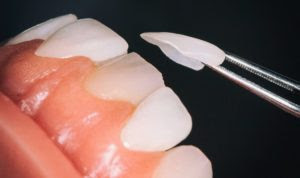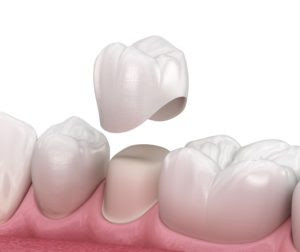Wisdom Teeth Extractions: Understanding the Process and Aftercare
Wisdom teeth typically develops between the ages of 17 and 25. For many individuals, these late-developing teeth can cause various issues, including pain, overcrowding, and potential oral health complications. In such cases, a dental professional may recommend wisdom teeth extractions in Woodland Hills or elsewhere.
This post explores the process of wisdom teeth extractions, the reasons behind their removal, and essential aftercare tips to ensure a smooth recovery.
Why are Wisdom Teeth Extracted?
The main reason for this treatment is impaction. When there isn't enough space in the jaw for the teeth to fully emerge, they can become partially or fully impacted, leading to pain, infection, and potential damage to adjacent teeth.
Wisdom teeth may lead to overcrowding in the mouth. If there isn't enough space for them to erupt properly, they may push against existing teeth, causing misalignment and shifting.
Wisdom teeth are situated at the back of the mouth, making them difficult to clean properly. As a result, they are more prone to tooth decay, gum disease, and infections.
Wisdom Teeth Extraction Process
During the initial consultation, a dental professional will assess the condition of your wisdom teeth through a thorough examination and X-rays. They will determine whether extraction is necessary and discuss the best approach based on the teeth's position, the degree of impaction, and your overall oral health.
The treatment is typically done under local anesthesia, which numbs the extraction area, or under general anesthesia for more complex cases or if multiple teeth are being removed.
The dentist makes an incision in the gum to access the affected tooth during the extraction. If the tooth is impacted, it may need to be sectioned and removed in smaller pieces. Once extracted, the incision is stitched closed, with gauze placed over the extraction site to control bleeding.
Wisdom Teeth Extraction: The Aftercare
Carefully follow the post-extraction instructions provided by your dental professional. These may include guidelines on pain management, swelling reduction, oral hygiene practices, and dietary restrictions.
Pain and swelling are common side effects of wisdom teeth extractions. Over-the-counter pain medications recommended by your dentist can help manage discomfort. Applying cold compresses to the outside of your face in the first 24 hours can also help reduce swelling.
While it's important to be gentle around the extraction site, maintaining good oral hygiene is crucial. Gently brush your teeth, avoid the extraction site, and wash your mouth with a warm saline solution after meals to keep the area clean. And follow a soft diet for the first few days after the procedure.
Wisdom teeth extractions are a standard dental procedure aimed at addressing various oral health issues. If you're experiencing pain or suspect problems with your wisdom teeth, consult a dental professional. Remember, early intervention can help prevent complications and maintain a healthy smile. So, don't hesitate and contact an expert dentist specializing in wisdom teeth extractions in Woodland Hills.




Comments
Post a Comment